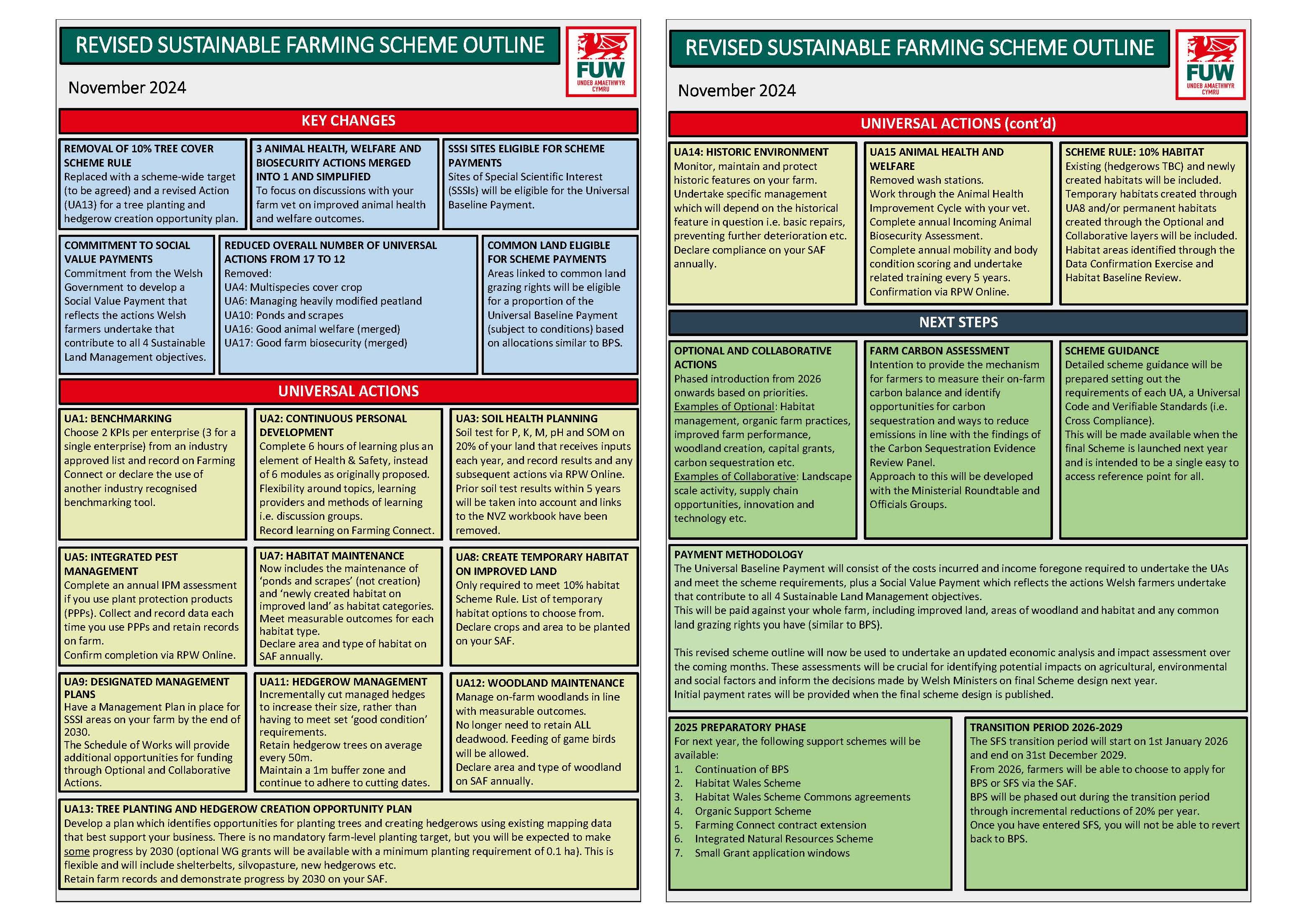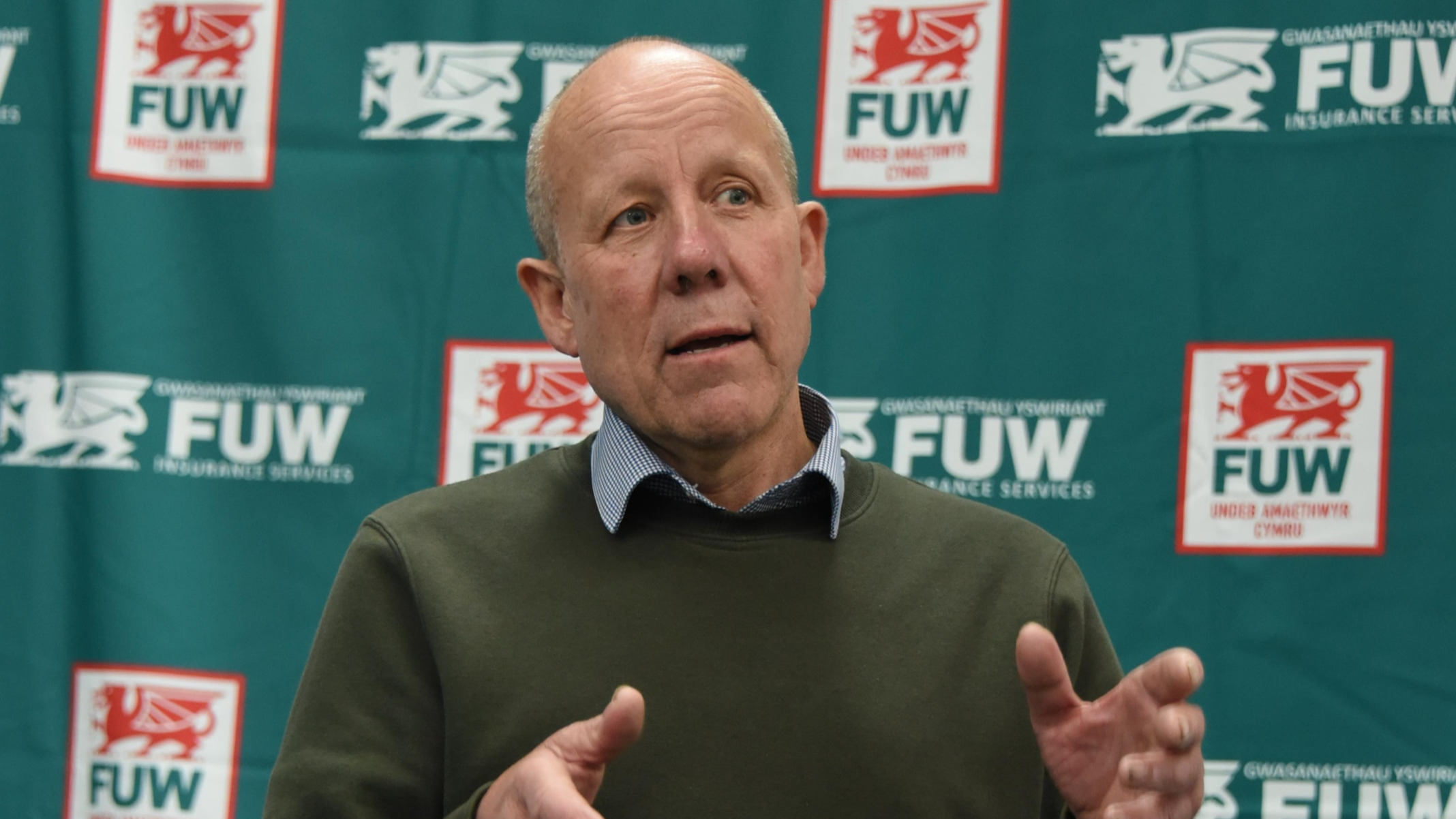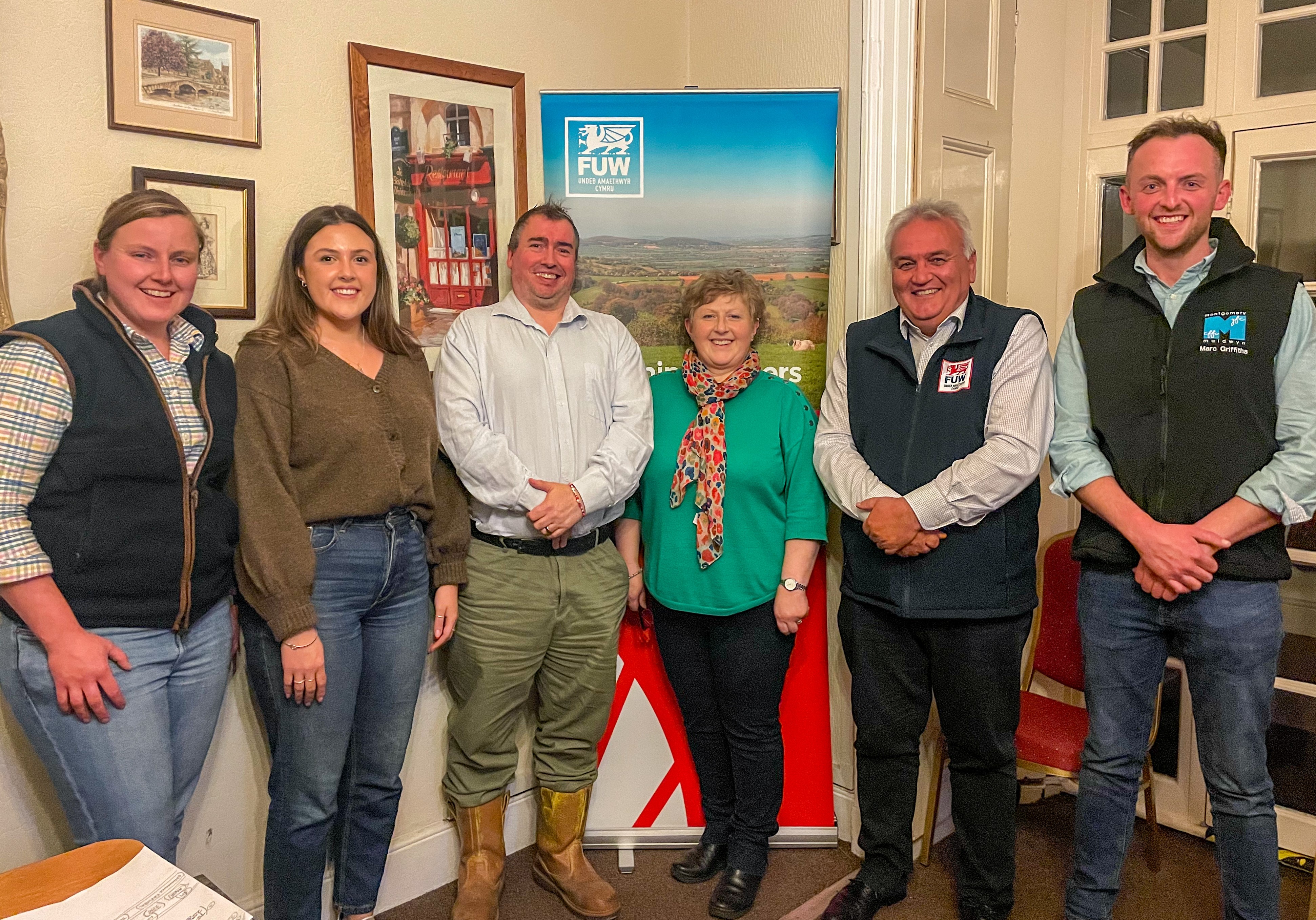Today (25 November), the Deputy First Minister and Cabinet Secretary for Climate Change and Rural Affairs, Huw Irranca-Davies MS, issued a statement alongside a revised Sustainable Farming Scheme (SFS) outline and an executive summary of the Carbon Sequestration Evidence Review Panel findings.
Commenting on the statement, FUW President Ian Rickman said: “The workload of the three stakeholder groups over recent months has been intense as we've worked through and agreed, in principle, a revised Scheme design. We've welcomed the collaboration and opportunity to engage at this level and believe we are now in a better place as a result.
“Alongside other important, ongoing issues such as bovine TB, water quality regulations and inheritance tax relief, revising this Scheme has remained a key priority for the FUW since we fully understand how important farm support is to the viability of our farm businesses, the rural economy and the wider supply chain here in Wales.”
Summarising some of the key changes, Mr Rickman highlighted that the 10% tree cover Scheme Rule has been removed and replaced with a scheme-wide target and a revised Universal Action; the overall number of Universal Actions has been reduced from 17 to 12, and Sites of Special Scientific Interest and areas linked to common land grazing rights will now be eligible for a proportion of the Universal Baseline Payment.
“Today’s announcement, however, only marks the end of the beginning, and there remains a high level of detail to work through and confirm, with the updated economic analysis and impact assessments of crucial importance.
“Central to this is the Welsh Government’s commitment to develop a Social Value Payment that reflects the actions Welsh farmers undertake that contribute to all 4 Sustainable Land Management objectives.
“With a more accessible and flexible Scheme design following significant changes - including the removal of the 10% tree cover Scheme Rule and a reduction in the overall number of Universal Actions - we must now ensure that the associated budget and payment methodology deliver real economic stability for our family farms in Wales as we face a backdrop of many other challenges.” concluded Mr Rickman.







